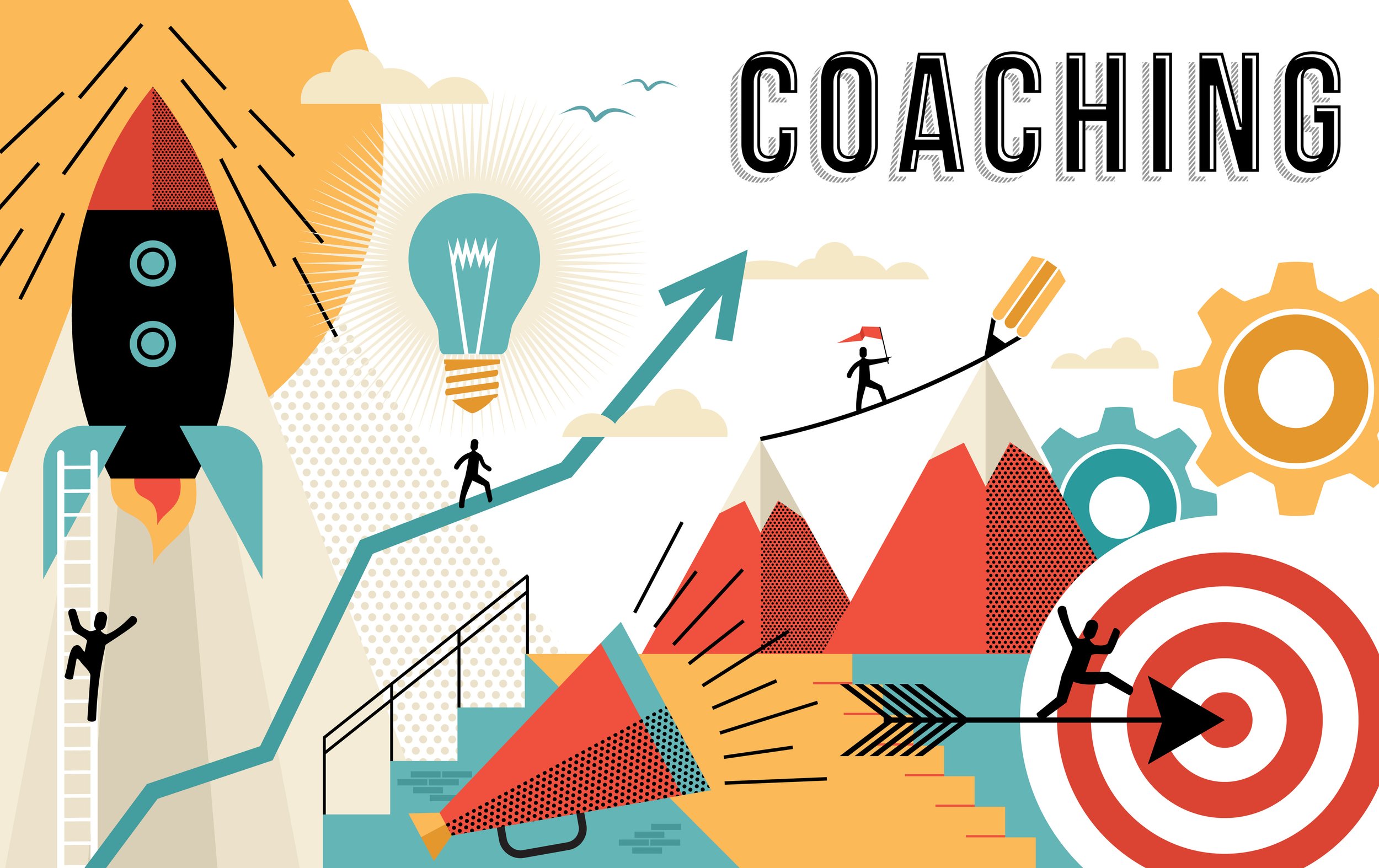Disc Golf Coaching: Strategic Planning and Embracing the Unexpected
Introduction
Disc golf, a game that seamlessly combines the physical and mental, requires more than just a steady arm and accurate throw. It demands a comprehensive understanding of strategy and course navigation. If you are a coach aiming to elevate your athlete's game or a player seeking to refine your approach, this blog will explore how to build a hole-by-hole gameplay and handle situations when things are not going according to plan.
Key Concepts For Building Hole-By-Hole Gameplay
Understanding the Course Layout: The disc golf course is your battlefield. Familiarize yourself with every corner, elevation change, hazard, and wind condition. Is the fairway narrow, or is it an open field? Are there any obstacles, such as trees or water? Knowledge of these aspects will influence the selection of the right disc and throwing technique for each hole.
Assessing Risk vs. Reward: Every hole in disc golf poses a different challenge and offers an opportunity to make a strategic decision. Should you go for the daring over-the-water shot to try for an eagle, or should you play it safe and aim for par? The answer depends on the situation. If you are ahead, it might be better to play conservatively. Conversely, if you are trailing, gaining some ground might be worth the risk.
Therefore, the art of assessing risk versus reward in disc golf lies in the ability to evaluate the potential outcomes of each decision, considering both the immediate context of the game and your overall strategic approach. This crucial skill not only tests your understanding of the game but also your ability to make calculated decisions under pressure, reflecting the multidimensional challenge that disc golf poses.
Knowing Your Player's Strengths: As a coach, understanding your player's strengths is paramount in designing strategies. If your player excels in long-distance drives, capitalize on it. If they shine in precision and approach shots, adjust your plan accordingly.
Flexibility in Planning: Creating a game plan does not mean sticking rigidly to it. Being flexible and able to adapt your strategy based on evolving circumstances on the course is a must. Monitor the player's energy levels, their mental state, and even changes in the weather.
When Things Aren't Going To Plan?
Now that we have discussed the key concepts in strategic planning let us shift our focus to handling unexpected situations. As Mike Tyson wisely said, "Everyone has a plan until they get punched in the mouth." In disc golf, this punch could come in the form of an unfavorable wind, an unexpected tree, or a missed putt.
Emphasizing Resilience: As a coach, fostering resilience in your players is critical. When a hole does not go as planned, the player must maintain their composure. Use these moments as learning experiences and opportunities to build mental toughness.
Adapting the Strategy: Even the best-laid plans can go awry. In these situations, adaptation is critical. Adjust the plan if a player's usual long-throw strategy is not working due to high wind. Perhaps it is time to opt for shorter, more controlled throws instead.
Reframing the Situation: It is natural for players to feel discouraged when things do not go as expected. In such cases, coaches should encourage a positive outlook. Remind them that a rough start does not define the entire game, and there are still opportunities for a comeback.
Practicing Patience: Disc golf is a game of patience. One hole does not make or break a game. Encourage your player to stick to the game plan and make modifications when necessary, but understand that not every shot will be perfect.
Conclusion
The task of coaching in disc golf, a sport that combines physical prowess and intellectual strategy, necessitates an astute understanding of various factors. One must not overlook the importance of creating a meticulously crafted, hole-by-hole plan. This ensures the player has a tactical approach to each unique challenge presented throughout the course. A deep comprehension of the course's characteristics, including its topography, hazards, and other unique features, is also integral to crafting an effective game plan.
Moreover, as a coach, the ability to recognize and harness the unique strengths of your players is crucial to their success. Each player brings a different skill set to the table, and as a coach, your role is to identify these skills, develop them, and incorporate them into your strategic planning. Are they gifted with impressive long drives, or do they excel in precision with their approach shots? By knowing their strengths and weaknesses, you can optimize the strategies used on the course.
Additionally, the nature of sports – and, indeed, life – is such that we often encounter unexpected hurdles, and disc golf is no exception. A sudden shift in the wind, a previously unnoticed tree obscuring the path, or simply a stroke of bad luck can derail the most thoughtfully laid plans. Here, the ability to swiftly adjust and adapt to these challenges comes into play. Flexibility and adaptability are skills that a disc golf coach should possess and impart to their players.
Much like any sport, disc golf is not purely a measure of physical capability or skillful throws. Its true essence lies in amalgamating various attributes: a player's technical skill set, mental resilience, strategic adaptability, and ability to navigate unforeseen circumstances with composure and grace. These skills are often what differentiates a good player from a great one.
As coaches, we have the unique opportunity and responsibility to nurture these skills in our athletes. This task goes beyond merely cultivating better disc golf players who can outperform competitors on the course. Our role is to shape them into resilient individuals who are equipped to face any challenge that comes their way, whether it is during an intense competition on the disc golf course or in the arena of life itself. The goal, then, is to prepare our players for the game and the world beyond the course.
Bonus Content
Disc Golf Hole-by-Hole Game Plan
Player Name:
Course Name:
Date:
Weather Conditions:
Hole 1 (repeat for each hole)
Distance:
Par:
Hazards:
Strategy:
Disc Selection:
Outcome:
Reflection:
Post-Game Reflection
Best Hole and Why:
Toughest Hole and Why:
Unexpected Challenges:
Areas for Improvement:
Key Takeaways:

